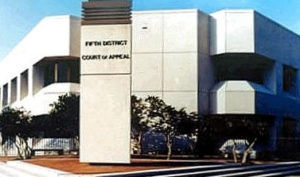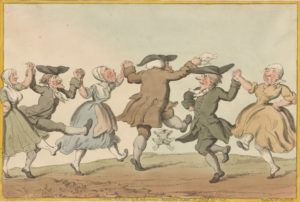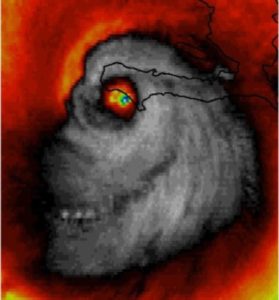Fifth District Changes Procedures for Extensions of Time
The Fifth District Court of Appeal has twice modified its rules regarding extensions of time in less than a month, reducing the availability of stipulated extensions and placing additional burdens on all attorneys seeking an extension for their clients.

Agreed Extensions of Time for Filing Briefs
Since 2013, the Fifth District has allowed parties to file a “notice” in lieu of a “motion” to obtain limited extensions of time for briefs in criminal and civil appeals, with certain exceptions. The original administrative order authorized as much as 90 days for initial or answer briefs, and 60 days for reply briefs.
But in an amended order effective March 2, 2018, the amount of time available is now limited to 60 days for initial or answer briefs, and 30 days for reply briefs.
New Notice Requirements for Extensions
The Fifth District did not stop there. In its March 27, 2018 Administrative Order A05D18-02, the Fifth District mandated that every extension request filed by an attorney must be accompanied by a certification that the attorney has provided a copy of the motion or notice to his/her clients. This applies to all cases before the Court, and not just those that allow for the “notice” procedure discussed above.
The administrative order notes that it does not “require the client’s signature or consent,” nor does the certification have to include the client’s name, address, or signature.  According to the order, the attorney will comply with the order by certifying “by a statement included in the signed certificate of service on the motion or notice filed with this Court, that counsel has that day provided a copy of the motion or agreed notice to his/her client(s) via U.S. Mail, e-mail, or by hand delivery.”
The order does warn, however, that noncompliance with this requirement may result in the denial of any request for extension of time, whether by notice or motion.
What it Means to You
Given these added restrictions, we deduce that the Fifth District must perceive there has been some abuse of its extension procedures that require stricter regulation. The new rules appear designed to increase attorney oversight by both the Court and clients. Unfortunately, for those attorneys who do not abuse the process, these new rules will make seeking an extension slightly more difficult, and it will reduce the number of limited extensions available. It remains to be seen whether other districts will adopt similar rules.
There is a strong likelihood that many who do not specialize in appellate practice will be caught off-guard by this new rule, and thus will have a motion or notice for extension denied or stricken. We watch for rule changes like this because appeals are what we do. Let us help you navigate the intricacies of the specific rules for each of the appellate courts in Florida to avoid getting caught in any procedural traps such as the ones created by these new rule changes in the Fifth District.
A final note — if you want a blast from the past, check out the article Jared wrote back in 2014 for the HCBA Lawyer on the issue of stipulated extensions of time when the concept was still brand new!
UPDATE: We’ve created a handy guide to help you keep the different courts’ rules straight. Click here to sign up for our newsletter and get a link to download the guide!


